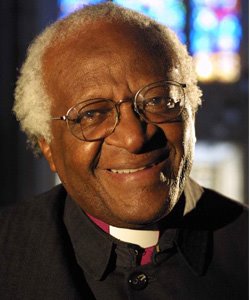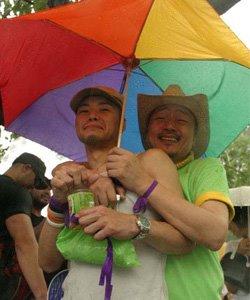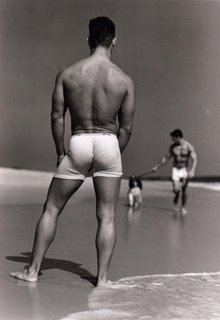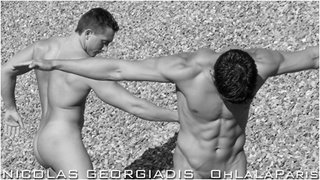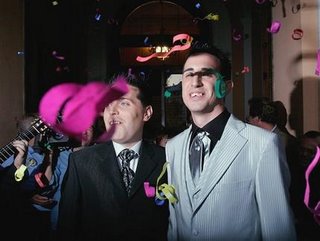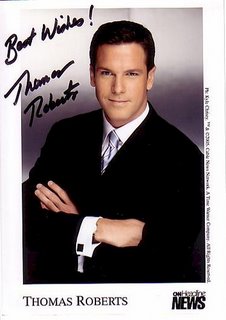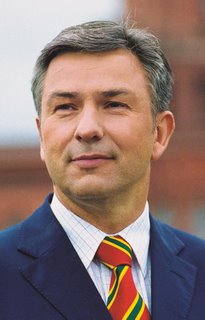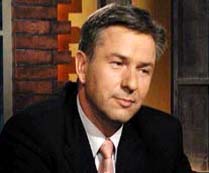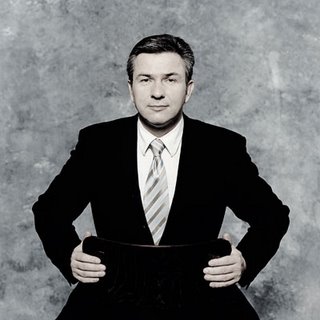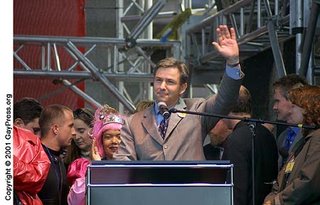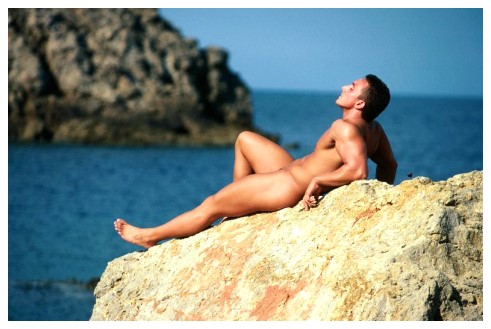A pride parade is part of a festival or ceremony held by the Lesbian, Gay, Bisexual and Transgender community of a city to commemorate the struggle for LGBT rights and LGBT pride.
The LGBT community of a city will typically present an annual parade, sometimes in the context of a longer celebration including performances, dances, street parties, and the like. Most LGBT pride parades take place in the middle of the year, particularly in June, to commemorate the Stonewall riots.
 History
History
Early in the morning of June 28, 1969 lesbian, gay, bisexual, transgender and queer persons rioted following a police raid on the Stonewall Inn, a gay bar that was heavily patronize by people of colour including a high percentage of drag queens in the Greenwich Village section of New York City. The Stonewall riots are generally considered to be the beginning of the modern LGBT rights movement, as it was the first time in modern history that a significant body of LGBT people resisted arrest. Given the population that frequented the establishment, a large percentage of the people who initially fought back were persons of colour.
On Sunday, June 28, 1970, the one-year anniversary of the riots, the Gay Liberation Front organized a march, coordinated by Brenda Howard, from Greenwich Village to Central Park in New York City in commemoration of the Stonewall riots. On the same weekend gay activist groups on the West Coast of the United States held a march in Los Angeles and a march and 'Gay-in' in San Francisco .

The first marches were both serious and fun, and served to inspire the widening activist movement; they were repeated in the following years, and more and more annual marches started up in other cities throughout the world.
In New York and Atlanta the marches were called 'Gay Liberation Marches', and the day of celebration was called "Gay Liberation Day"; in San Francisco and Los Angeles they became known as 'Gay Freedom Marches' and the day was called "Gay Freedom Day". As more towns and cities began holding their own celebrations, these names spread.
In the 1980s there was a cultural shift in the gay movement. Activists of a less radical nature began taking over the March committees in different cities, and they dropped "Gay Liberation" and "Gay Freedom" from the names, replacing them with "Gay Pride" under pressure from more conservative segments of the LGBT community.
Drag queens on a float at San Francisco Pride 2005.Many parades still have at least some of the original political or activist character, especially in less LGBT-positive settings. However, in more gay-positive cities, the parades take on a festive or even Mardi Gras-like character. Large parades often involve floats, dancers, drag queens, and amplified music; but, even such celebratory parades usually include political and educational contingents, such as local politicians and marching groups from queer institutions of various kinds. Other typical parade participants include local LGBT-friendly churches such as Metropolitan Community Churches and Unitarian Universalist Churches, PFLAG (Parents and Friends of Lesbians and Gays), and the LGBT employee associations from large businesses.

Even the most festive parades usually offer some aspect dedicated to remembering victims of AIDS and anti-LGBT violence. Some particularly important pride parades are funded by governments and corporate sponsors, and promoted as major tourist attractions for the cities that host them. In some countries, some pride parades are now also called Pride Festivals. Some of these festivals provide a carnival-like atmosphere in a nearby park or city-provided closed-off street, with information booths, music concerts, barbecues, beer stands, contests, sports, and games.
Though the reality was that the Stonewall riots themselves as well as the immediate and the ongoing political organizing that occurred following them were events that were fully participated in by Lesbian women, Bisexual people , Transgender people as well as by Gay men of all races and backgrounds, historically these events were first named Gay, the word at that time being used in a more generic sense to cover the entire spectrum of what is now variously called the 'Queer', GLBT or LGBT community.
By the late 70's and early 80's as many of the actual participants had grown older, moved on to other issues or passed away this led to misunderstandings as to who had actually participated in Stonewall riots, who had actually organized the subsequent demonstrations, marches and memorials and who had been members of early activist organizations such as Gay Liberation Front and Gay Activists Alliance.
But eventually the language caught up with the reality of the community and the names have become more accurate and inclusive. Though these changes met with initial resistance from some in their own communities who were unaware of the actual historical facts. Changing first to Lesbian and Gay, today most are called Lesbian, Gay, Bisexual and Transgender (LGBT).
Women Coalition of HKSAR showing their support in Taiwan Pride parade in Taipei in 2005.The rainbow flag, sometimes called 'the Freedom Flag', was first used to symbolize gay struggles for liberation and gay diversity by artist Gilbert Baker at a Gay Freedom Day parade in San Francisco in 1978, and is now commonly displayed in LGBT pride parades throughout the world. As of 2003, it consists of six colored stripes of red, orange, yellow, green, blue, and violet. The different colors symbolize diversity in the gay community.
